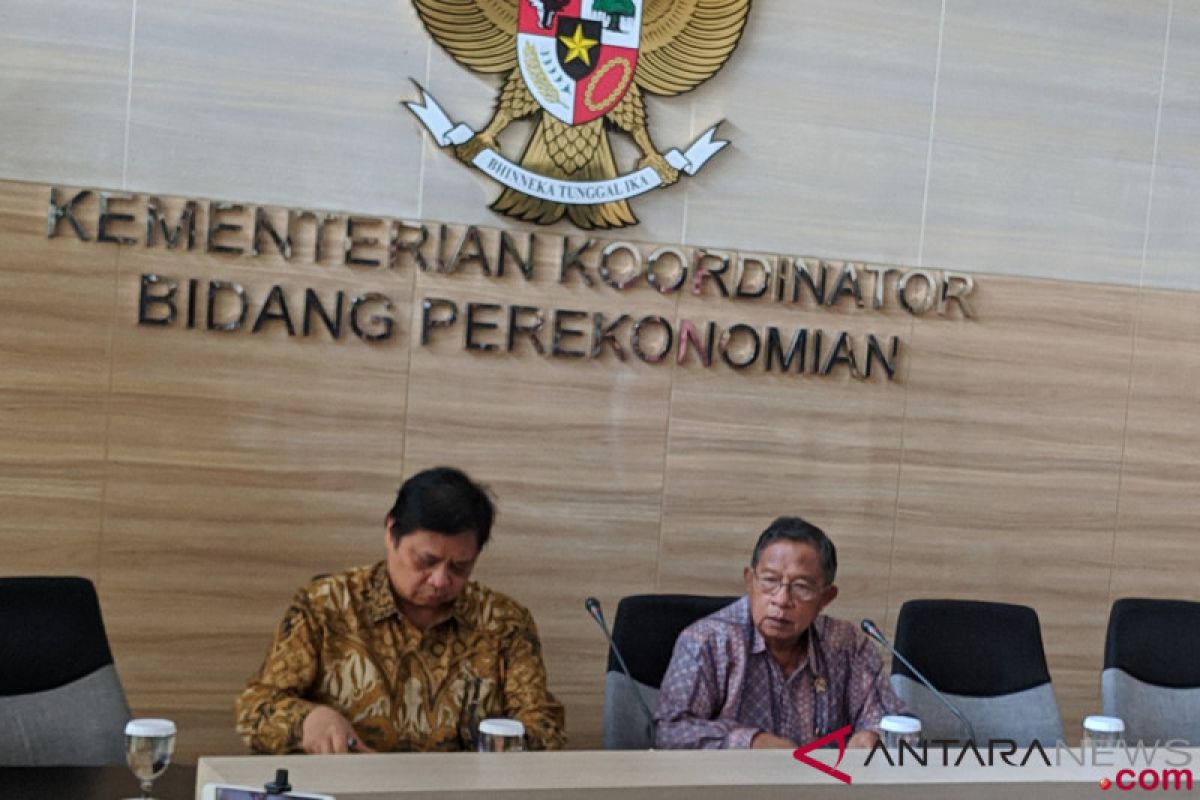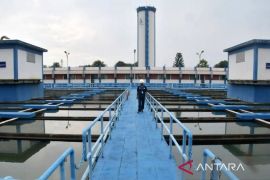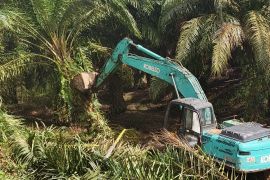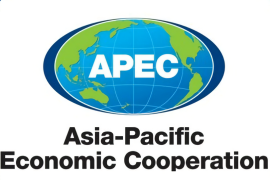"Hence, the Negative Investment List (DNI) relaxation policy is expected to generate new investment that will in turn result in additional new processed and highly value-added products," the minister stated in Jakarta on Monday.
In addition, from 2014, the number of small-scale industries also increased, from 3.52 million to 4.49 million in 2017, which means they increased by 970 thousand units in the four-year period.
Hartarto remarked that the cloth printing and knitting areas were removed from the DNI, as products of these areas could not as yet meet the increasing demand.
He said the demand for printed and knitted clothing reached 236 thousand tons per annum, while production at home only reached 169 thousand tons. Hence, the imports of printed cloth continue to increase from year to year.
"In order to stamp down the import of printed cloth, the cloth printing industry`s investment at home needs to be increased. On the other hand, investment requirement for the cloth printing industry reached some Rp100 billion, a business scale that is not classified as micro, small, and medium businesses (UMKM)," Hartarto explained.
To boost investment in the cloth printing and kitting industries, the government included them in the industry categories that can utilize the tax allowance facility.
Reporting by Sella Panduarsa Gareta
(T.A014/A/KR-BSR/A014) 20-11-2018 13:50:50
Reporter: Antara
Editor: Andi Abdussalam
Copyright © ANTARA 2018











